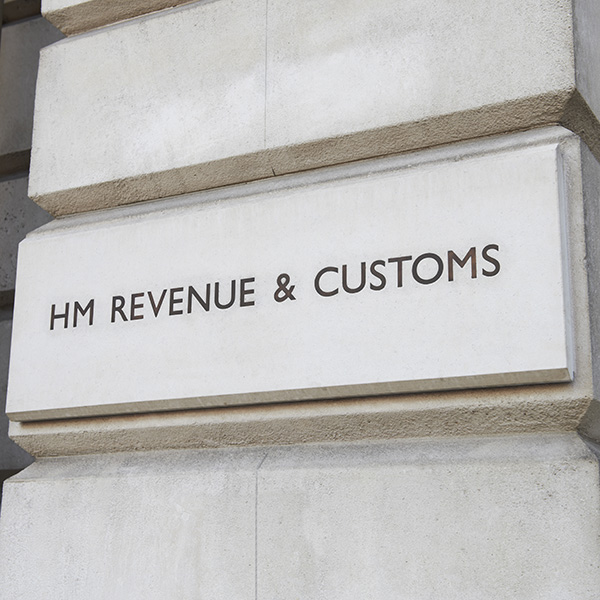We are a country obsessed by property. Whether the property is commercial or residential, used in your business or held as an investment, EAG Tax can help you navigate through the various tax regimes impacting property ownership.
Property

Capital Gains Tax
With indexation removed for individuals in 2008 and paused for companies at the end of 2017, capital gains on property are becoming larger. The remaining tax reliefs have never been more important for property owners as a result.
For individuals a new 60-day report and pay regime was introduced in 2020, squeezing the Capital Gains Tax calculation timeframe down from its usual 31 January deadline.
At EAG Tax we can calculate the property’s capital gain, outlining any available tax reliefs you may wish to use. Ideally, we will get involved before sale just in case there is any planning to be undertaken beforehand.
Useful links:

Capital Allowances
When buying property, a landlord will not generally obtain tax relief on the purchase price until sale. For commercial property, furnished holiday lets and some houses in multiple occupation (HMOs), items within the property may qualify for capital allowances, generating tax relief prior to a sale.
At EAG Tax we can assist with the acquisition process, prepare capital allowance claims for new buildings and help with bank finance cashflow forecasts by approximating tax charges.

Ownership Structures
As an individual, partnership, company, trust or pension fund, the ownership structures of property can be complicated. The pros and cons of each will be determined by your personal situation.
At EAG Tax we can advise you on the most appropriate ownership structure for you, outlining the various tax and administrative burdens of each from entry to exit.

Non-Resident Landlord Scheme
This tax regime applies to landlords whose usual place of abode is not in the UK. This is not linked to a residency status. If you are not able to obtain gross payment status, the tenant or letting agent is obliged to withhold 20% tax from the rents due. Since April 2020 overseas companies have been subject to the Corporation Tax regime.
At EAG Tax we can assist with the registration and reporting process, the Capital Gains Tax exposure and Corporation Tax filing.

ATED
The Annual Tax on Enveloped Dwellings (AETD) is applicable to companies and partnerships with corporate partners which own residential property with a value over £500,000. Properties must be valued every five years, the last valuation date being 1 April 2022 for the 2023/24 return. Other valuation dates can be triggered by an acquisition of a further interest in the property or where there is a disposal of part of the property for at least £40,000.
The charge is applied from 1 April to 31 March, with a filing deadline of 30 April for the year ahead. If a property is acquired during the year, filing is required within 30 days. Newly constructed properties must file within 90 days of first occupation/becoming a dwelling for Council Tax purposes (whichever comes first).
The Stamp Duty Land Tax (SDLT) reliefs disapplying the 15% charge broadly align with ATED reliefs, but only apply if the property continues to satisfy the conditions throughout the following three years. There are also several organisations exempted from the ATED regime.
At EAG Tax we can provide advice with respect to the ATED regime and prepare the annual filing obligations.

MTD ITSA
Making Tax Digital for Income Tax Self Assessment (MTD ITSA) is set to be introduced from April 2026. This is a new quarterly digital reporting obligation for landlords with property income above £50,000.
At EAG Tax we can help you transition from self assessment to MTD ITSA.
